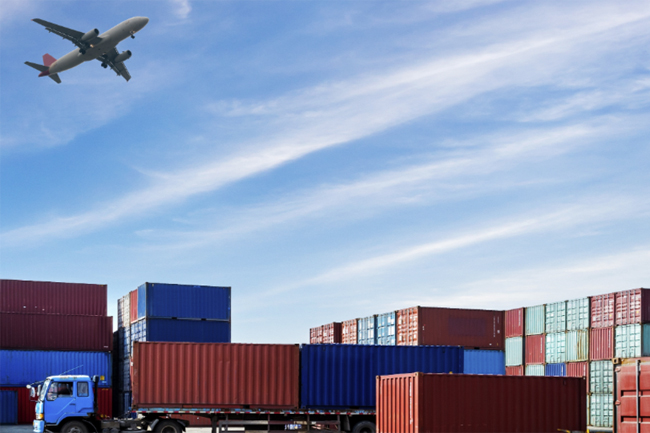By: Staff Writer
June 24, Colombo (LNW): The International Chamber of Commerce (ICC), which represents over 45 million businesses in more than 170 countries, has issued a warning against rising global tariff retaliation, urging nations to support an open and stable trading environment. As Sri Lanka moves from economic recovery towards sustainable development in the 2025–2030 period, this global backdrop presents both pressing challenges and rare opportunities for the island nation.
Sri Lanka, emerging from a crippling economic crisis, finds itself at a strategic juncture. The evolving global order—particularly the G7 and G20’s push for “de-risking” from China and developing resilient supply chains—is encouraging the formation of new regional economic blocs. This shift, according to Dinesh Weerakkody, immediate past Chairman of the ICC Sri Lanka, opens doors for Sri Lankan firms to become globally relevant and profitable multinationals.
Sri Lanka’s geographic location in the Indian Ocean, coupled with its deep-sea ports in Colombo and the potential of Trincomalee, enhances its appeal as a regional logistics and manufacturing hub. With trade agreements already in place with India, Singapore, and Thailand—and ongoing negotiations with China and Vietnam—Sri Lanka is well-placed to capitalise on rising investment in high-value industries such as apparel, electronics assembly, pharmaceuticals, shipping, tourism, logistics, and business process outsourcing (BPO).
However, this potential hinges on crucial reforms. The government must ensure consistent policies, upgrade energy and port infrastructure, and maintain a stable, transparent business environment. Additionally, Sri Lanka could benefit significantly from participation in the India–Middle East–Europe Economic Corridor, boosting its strategic importance.
A key sector requiring attention is critical minerals. Developing a transparent, ESG-compliant regulatory framework will help attract investment and position Sri Lanka as a responsible source for minerals vital to global manufacturing. Encouraging in-country value addition, such as local processing, will further strengthen this proposition.
With approximately 60,000 vessels traversing the East–West maritime route annually, Sri Lanka’s ports are a strategic asset. Enhancing Hambantota’s operations, expanding the West Container Terminal through the Adani–John Keells partnership, and exploring development in Trincomalee with Indian collaboration are seen as positive investment models. But all port development must adhere to principles of financial sustainability, sovereignty, and transparency to attract strategic foreign partnerships.
Recent visits by IMF Deputy Managing Director Dr. Gita Gopinath and World Bank President Ajay Banga underline the global importance of Sri Lanka’s reform agenda. Completing the IMF Extended Fund Facility and enacting reforms in state enterprises, trade, labour, and governance are vital for restoring investor confidence and achieving long-term economic stability.
Renewal of the EU’s GSP+ trade concessions is another top priority. As a major support for Sri Lanka’s apparel industry, meeting EU expectations on labour, human rights, and environmental standards is essential—not only to retain GSP+ but to unlock broader trade deals.
Moreover, Sri Lanka has a unique opportunity to lead the region in green finance and climate-resilient initiatives. Developing viable projects in offshore wind, solar energy, and climate adaptation—backed by banks, regulators, and global funding partners—can position the country as a hub for sustainable innovation and clean energy exports.
If Sri Lanka can maintain reform momentum, it stands to reposition itself as a resilient and competitive player in the new global economic order.

